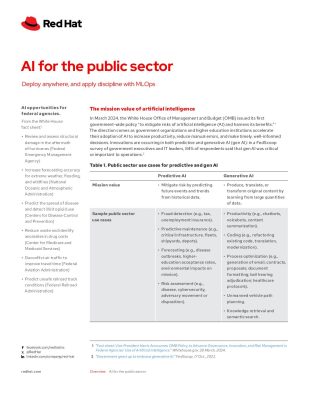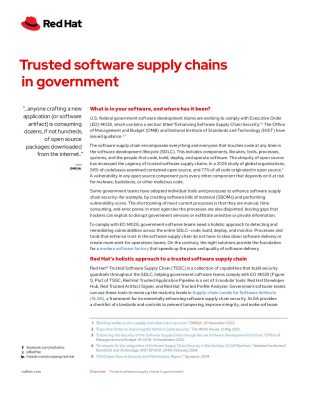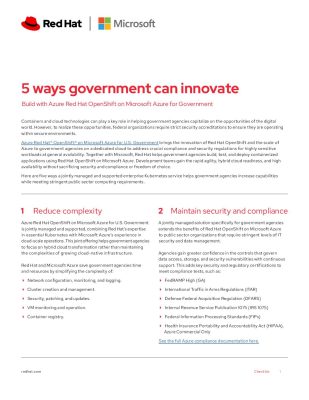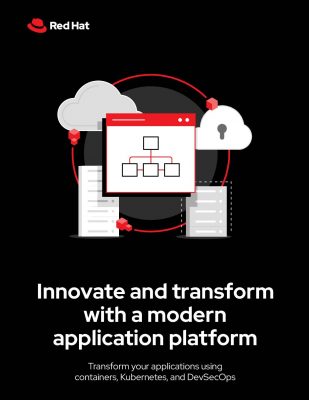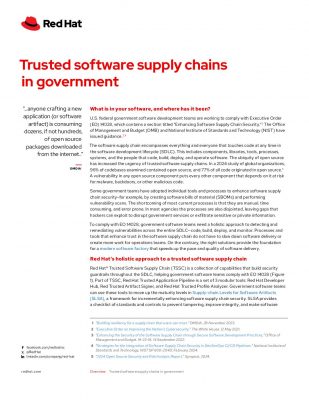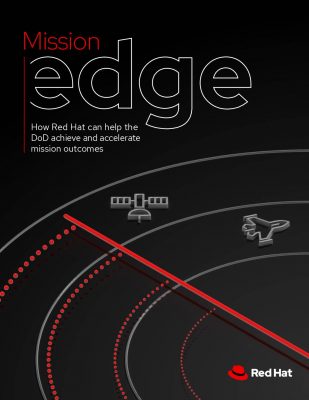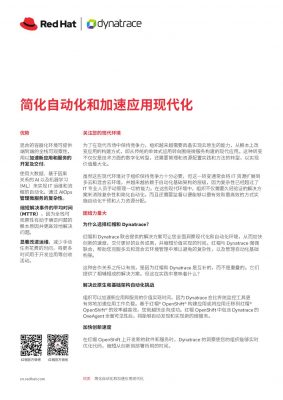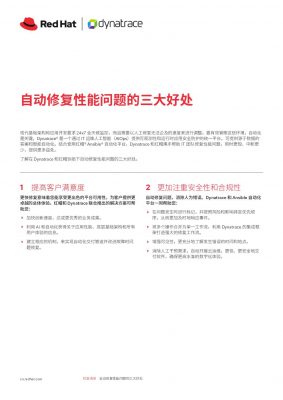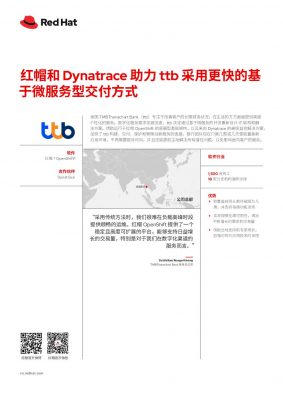Highlights
- Both Google and Oracle have shut down equipment, causing interruptions in their cloud services.
- Cloud infrastructure has started to fail in the UK as a result of the temperature surpassing a record-breaking 40.2 degrees Celsius.
The continuing heatwave in the United Kingdom (UK) has led to Google Cloud, and Oracle Cloud outages as the cooling systems at the data centers failed.
A record-breaking heat wave has been affecting the UK for the past week, resulting in oppressive temperatures. With temperatures surpassing a record-breaking 40.2 degrees Celsius (104.4 degrees Fahrenheit), the cooling systems at the data centers used by Google and Oracle to host their cloud infrastructure have started to fail.
To prevent irreparable damage to physical components and to create a prolonged outage, both Google and Oracle have shut down equipment, causing interruptions in their cloud services.
Oracle was the first to be impacted; the business reported a cooling failure, resulting in the powering down of “non-critical systems.”
“As a result of unseasonal temperatures in the region, a subset of cooling infrastructure within the UK South (London) Data Centre experienced an issue. This led to a subset of our service infrastructure needing to be powered down to prevent uncontrolled hardware failures,” read an Oracle Cloud status message. “This step has been taken to limit the potential for any long-term impact on our customers.”
Oracle warns that clients in this area may not be able to access their Oracle Cloud infrastructure resources, even with only non-critical hardware shut off.
Nearly two hours later, Google reported cooling issues in the Europe-west2-a zone building.
“There has been a cooling-related failure in one of our buildings that hosts zone Europe-west2-a for region Europe-west2. This caused a partial capacity failure in that zone, leading to VM terminations and a loss of machines for a small set of customers,” reads the Google Cloud incident report.
“We’re working hard to get the cooling back online and create capacity in that zone. We do not anticipate further impact in zone Europe-west2-a, and currently running VMs should not be impacted. A small percentage of replicated Persistent Disk devices are running in single redundant mode.”
“In order to prevent damage to machines and an extended outage, we have powered down part of the zone and are limiting GCE preemptible launches. We are working to restore redundancy for any remaining impacted replicated Persistent Disk devices.”
Customers of Google Cloud are experiencing disruptions similar to Oracle due to this cooling issue, including terminating virtual machines, inaccessible computers, and persistent disc devices operating in single redundancy mode. As they seek to restore cooling systems to service, both businesses have stated that they do not anticipate any more effects.

